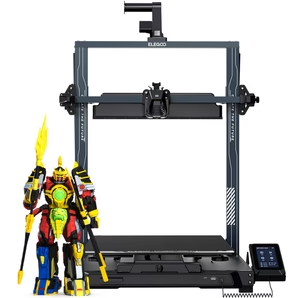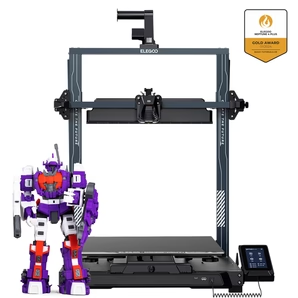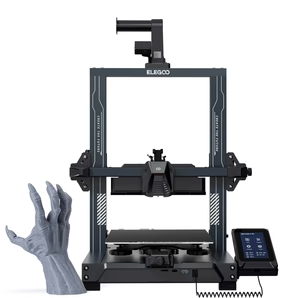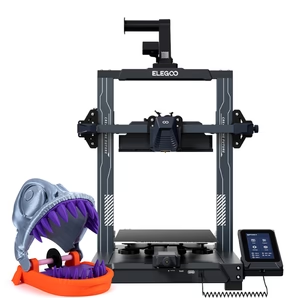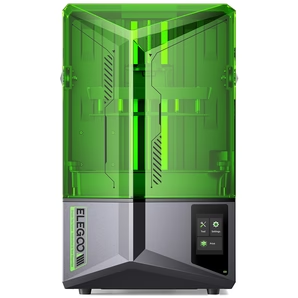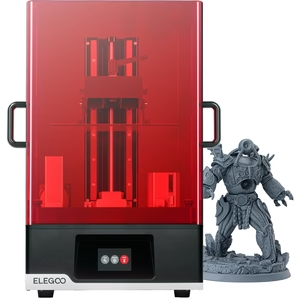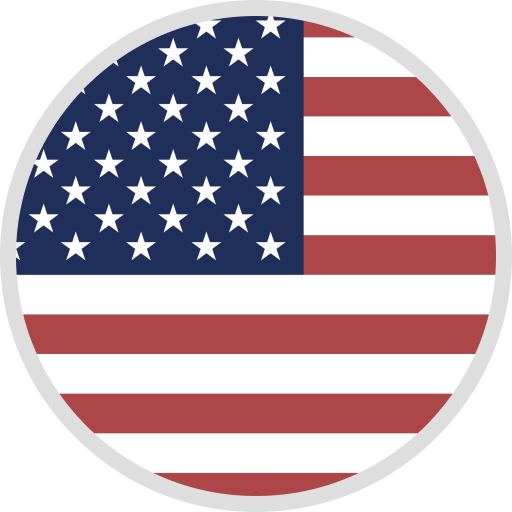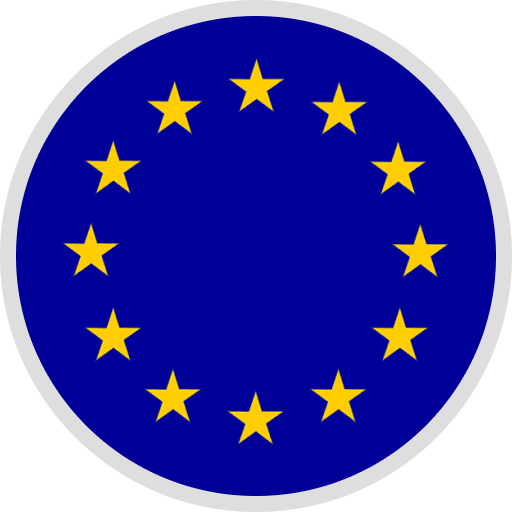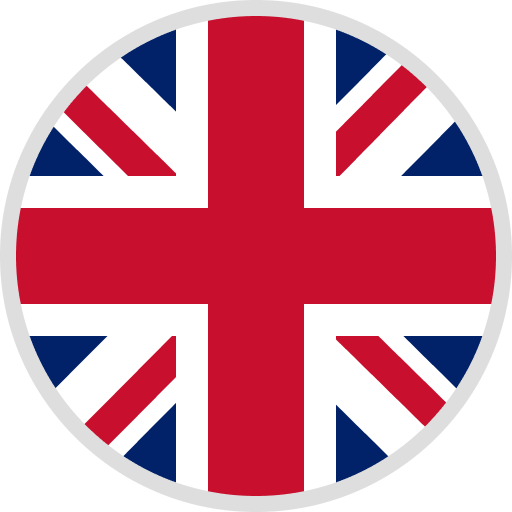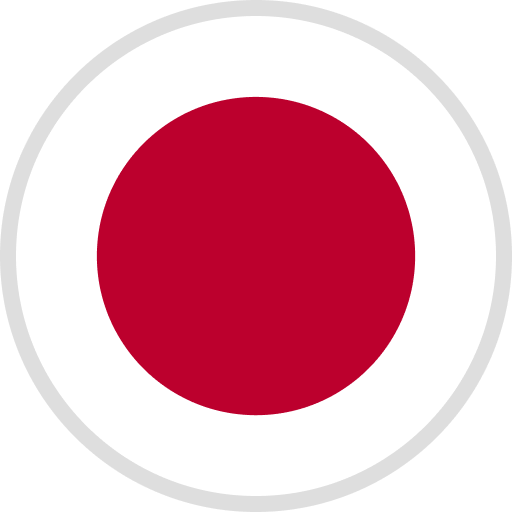
The man on the left in this picture is Sayem, a first-year biomedical engineering student at Islamic University Bangladesh. He is pictured with his friend and a child, who was born with limb differences, missing both front arms. This story takes place in a remote village in Bangladesh. After a four-hour journey to find the child’s home, Sayem manually measured the boy’s arms and promised to return with a pair of 3D-printed prosthetics.
This is not an isolated case. Since receiving a Neptune 4 Plus from ELEGOO, Sayem has dedicated himself to using 3D printing to tackle real-world challenges—creating affordable and accessible prosthetics for those in need.
The Beginning of a Mission
What inspired Sayem to start making prosthetics? His journey began with an innate empathy for people with disabilities, shaped by witnessing tragic injustices during his childhood. Initially aspiring to become a doctor, unexpected setbacks led him to biomedical engineering—a serendipitous shift that allowed him to merge medical science with engineering. His academic experiences in biomechanics and rehabilitation engineering have given him with a strong foundation for his work.
Sayem’s mission took a decisive turn in 2024 during widespread public demonstrations. The violence left countless individuals with life-altering injuries, including amputations. Witnessing this devastation firsthand, Sayem resolved to use his skills to provide prosthetic solutions, giving those affected a renewed sense of mobility and dignity.
Bridging Challenges with Dedication
Traditional prosthetics can cost upwards of $10,000, while the average monthly wage in local ranges from just $150 to $250. With a population of over 170 million, the country lacks the infrastructure to meet the growing demand for prosthetic solutions. While a few organizations provide prosthetic legs, options for hands remain nearly nonexistent. Imported prosthetics are prohibitively expensive, putting them out of reach for most families.
Amid this stark reality, Sayem is proving that technology can democratize access to life-changing devices.
One of his greatest challenges has been reaching those in need. In Bangladesh, prosthetics are often viewed as luxuries, and societal stigma surrounding disabilities makes outreach difficult. To overcome these barriers, Sayem collaborates with local NGOs and disability advocacy groups to expand his network and connect with beneficiaries.
Funding and material procurement present another major obstacle. A single 3D-printed prosthetic hand costs a fraction of a traditional one—around $50 to $100—but additional expenses, including printers, filaments, travel, and volunteer support, quickly add up.
A pivotal moment came when ELEGOO stepped in, sponsoring a Neptune 4 Plus 3D printer. This support significantly expanded Sayem’s capabilities. Today, he continues to self-fund certain aspects while seeking grants and partnerships to scale his impact.

The Workflow: A Personalized Approach

With the resources in place, Sayem wasted no time in putting his plans into action. Each prosthetic begins with a personalized consultation, where he engages directly with recipients and their families to understand their daily needs. Without access to advanced 3D scanning technology, he manually measures each recipient before customizing open-source prosthetic designs using CAD software to match the measurements.
For printing, he typically prints with PLA or PETG at 35% infill for a balance of durability and flexibility. Once printed, the parts are assembled using hinges, elastic cords, and straps, completing a prosthetic hand in about a day. The recipient tries it on, and adjustments are made for comfort. While the materials aren’t very durable and require replacement after a few months, the process is faster as the recipient's data and preferences are already on file.
Transformational Impact: Stories of Hope

One of Sayem’s most memorable cases involved a middle-aged man who was initially skeptical about using a prosthetic hand. But when he received a customized Kwawu socket hand, his doubt turned into joy. For the first time since his amputation, he could shake someone’s hand—a small yet profoundly significant moment.
Misconceptions about prosthetics often prevent individuals from seeking assistance. “Prosthetics are not just cosmetic,” Sayem emphasizes. “They restore functional independence, boost self-esteem, and improve overall well-being.” By making prosthetics accessible, he hopes to break the stigma and create a more inclusive world for people with disabilities.
A Vision for the Future
By the time this story is published, the young boy from the beginning of this journey will have received his blue 3D-printed arms. Sayem’s work highlights the transformative power of ELEGOO’s 3D printing technology, bridging gaps in accessibility and affordability.
"Even though my resources, mentorship, and experience are not adequate, my dreams revolve around this sector, and I have big aspirations. I aim to establish a sustainable nonprofit or social enterprise. For my short-term goal, I aspire to provide 100 patients with quality prosthetic hands.I would like to collaborate with different international organizations to scale this initiative on a bigger level, bringing more resources, expertise. " Said by Sayem.

Sayem’s heartening work demonstrates what’s possible when compassion meets innovation. On our 10-year journey at ELEGOO, we are proud to have been able to empower pioneers like Sayem and shape a brighter future for all. In the next decade and more, we hope to empower even more people to create, innovate, and make a difference.



















